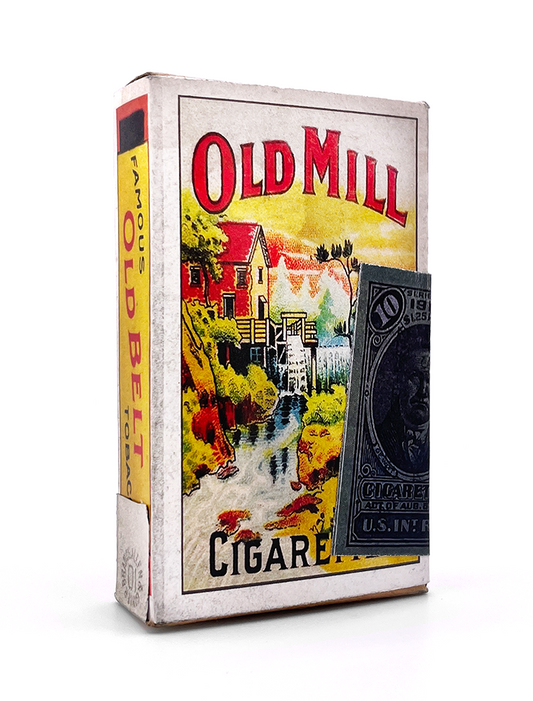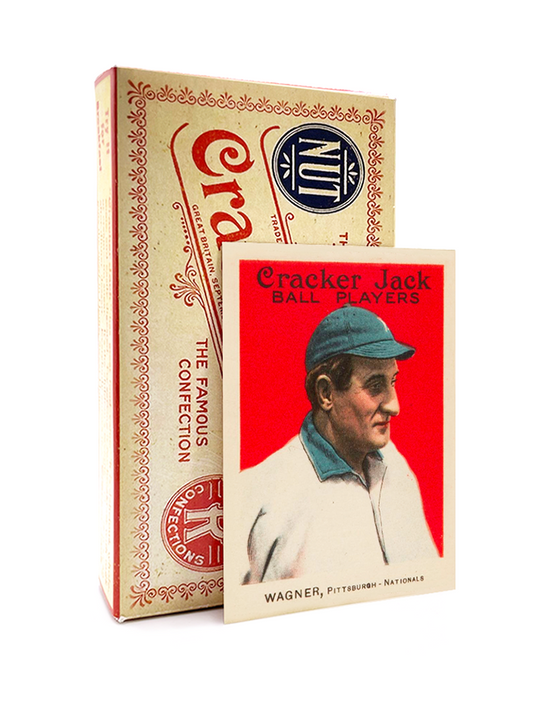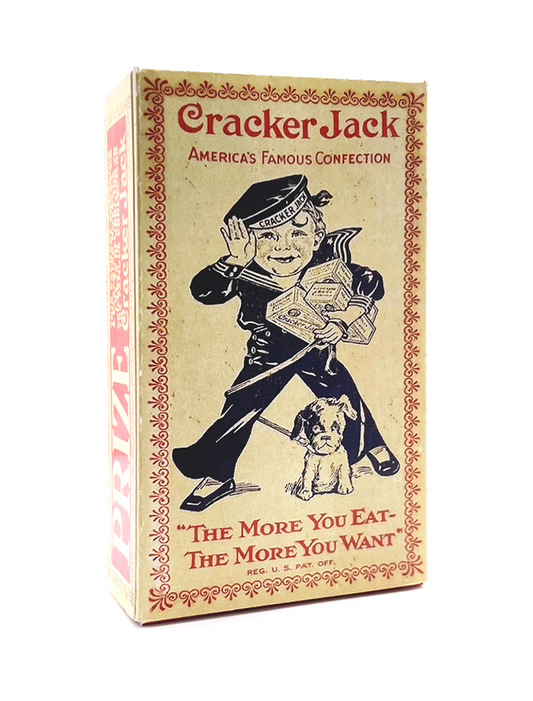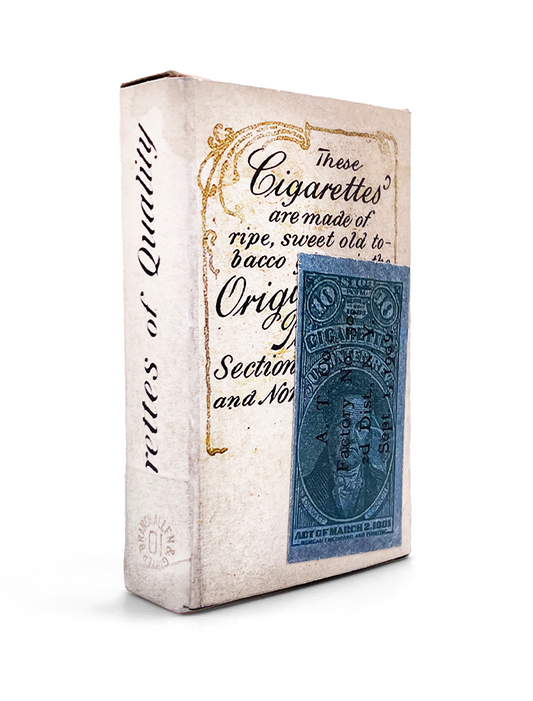Shoeless Joe Jackson Facts
Share
Joseph Jefferson Jackson (July 16, 1888 – December 5, 1951), nicknamed "Shoeless Joe", was an American outfielder who played Major League Baseball (MLB) in the early 1900s.
He is remembered for his performance on the field and for his association with the Black Sox Scandal, in which members of the 1919 Chicago White Sox participated in a conspiracy to fix the World Series. As a result of Jackson's association with the scandal, Kenesaw Mountain Landis, Major League Baseball's first commissioner, banned Jackson from playing after the 1920 season despite his exceptional play in the 1919 World Series, in which he led both teams in several statistical categories and set a World Series record with 12 base hits. Since then, Jackson's guilt has been fiercely debated with new accounts claiming his innocence and urging Major League Baseball to reconsider his banishment. As a result of the scandal, Jackson's career was abruptly halted in his prime, ensuring him a place in baseball lore.
Jackson played for three Major League teams during his 12-year career. He spent 1908–1909 as a member of the Philadelphia Athletics and 1910 with the minor league New Orleans Pelicans before joining the Cleveland Naps at the end of the 1910 season. He remained in Cleveland through the first part of 1915; he played the remainder of the 1915 season through 1920 with the Chicago White Sox. Later in life, Jackson played ball under assumed names throughout the south.
Jackson, who played left field for most of his career, has the third-highest career batting average in major league history. In 1911, Jackson hit for a .408 average. It is still the sixth-highest single-season total since 1901, which marked the beginning of the modern era for the sport. His average that year also set the record for batting average in a single season by a rookie. Babe Ruth said that he modeled his hitting technique after Jackson's.
Jackson still holds the Indians and White Sox franchise records for triples in a season and career batting average. In 1999, he ranked number 35 on The Sporting News' list of the 100 Greatest Baseball Players and was nominated as a finalist for the Major League Baseball All-Century Team. The fans voted him as the 12th-best outfielder of all-time. He also ranks 33rd on the all-time list for non-pitchers according to the win shares formula developed by Bill James.
Nickname
In an interview published in the October 1949 edition of Sport magazine, Jackson recalls he got his nickname during a mill game played in Greenville, South Carolina. Jackson had blisters on his foot from a new pair of cleats, which hurt so much that he took his shoes off before he was at bat. As play continued, a heckling fan noticed Jackson running to third base in his socks, and shouted "You shoeless son of a gun, you!" and the resulting nickname "Shoeless Joe" stuck with him throughout the remainder of his life.
Major League career
In 1911, Jackson's first full MLB season, he set a number of rookie records. His .408 batting average that season is a record that still stands and was good for second overall in the league behind Ty Cobb. His .468 on-base percentage led the league. The following season, Jackson batted .395 and led the American League in hits, triples, and total bases. On April 20, 1912, Jackson scored the first run in Tiger Stadium. The next year, he led the league with 197 hits and a .551 slugging percentage.
In August 1915, Jackson was traded to the Chicago White Sox. Two years later, Jackson and the White Sox won the American League pennant and also the World Series. During the series, Jackson hit .307 as the White Sox defeated the New York Giants.
Jackson missed most of the 1918 season while working in a shipyard because of World War I. In 1919, he came back strongly to post a .351 average during the regular season and .375 with perfect fielding in the World Series. However, the heavily favored White Sox lost the series to the Cincinnati Reds. The next season, Jackson batted .382 and was leading the American League in triples when he was suspended, along with seven other members of the White Sox, after allegations surfaced that the team had thrown the previous World Series
Source: Kiddle










